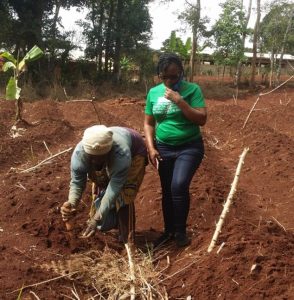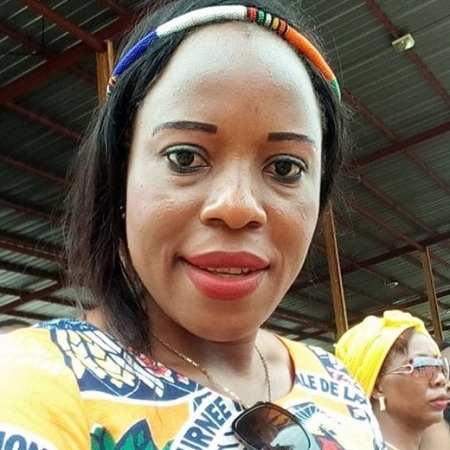 Rural Women in Cameroon are a very vulnerable group. The country’s constitution has ensured the economic rights of people in the fundamental rights. However, people are still starving with food only available in certain areas. Most of the households are male dominated as property are mainly in the name of the man and even if the property is in the name of a woman, she cannot make decisions about her property. Most of rural women in Cameroon are not aware of their equal property rights which are anchored in economic rights over property. This has them lagging behind on other social, political, and cultural activities. Similarly, women do not have inherent property rights in some regions in Cameroon.
Rural Women in Cameroon are a very vulnerable group. The country’s constitution has ensured the economic rights of people in the fundamental rights. However, people are still starving with food only available in certain areas. Most of the households are male dominated as property are mainly in the name of the man and even if the property is in the name of a woman, she cannot make decisions about her property. Most of rural women in Cameroon are not aware of their equal property rights which are anchored in economic rights over property. This has them lagging behind on other social, political, and cultural activities. Similarly, women do not have inherent property rights in some regions in Cameroon.
Our organization with its partners has been implementing several participatory initiatives in order to reconcile customary norms with national laws and international human rights standards. Women’s realities in relation to land can be successfully addressed. Helping rural women to secure their land rights has been a big challenge but we keep moving on with the assistance of some volunteer magistrates and especially the traditional rulers that are really the key in addressing tradition-related issues of land access and ownership.
We also have an approach to help women to diversify their source of incomes by training in small trades like tailoring, dyeing, handcrafts, cosmetics, food processing to empower them with sustainable livelihoods.
We have an ongoing project for rural women now in the West Region of Cameroon to promote and protect rural women’s economic rights that we are implementing with two other civil society organizations with the support of the American Embassy.



